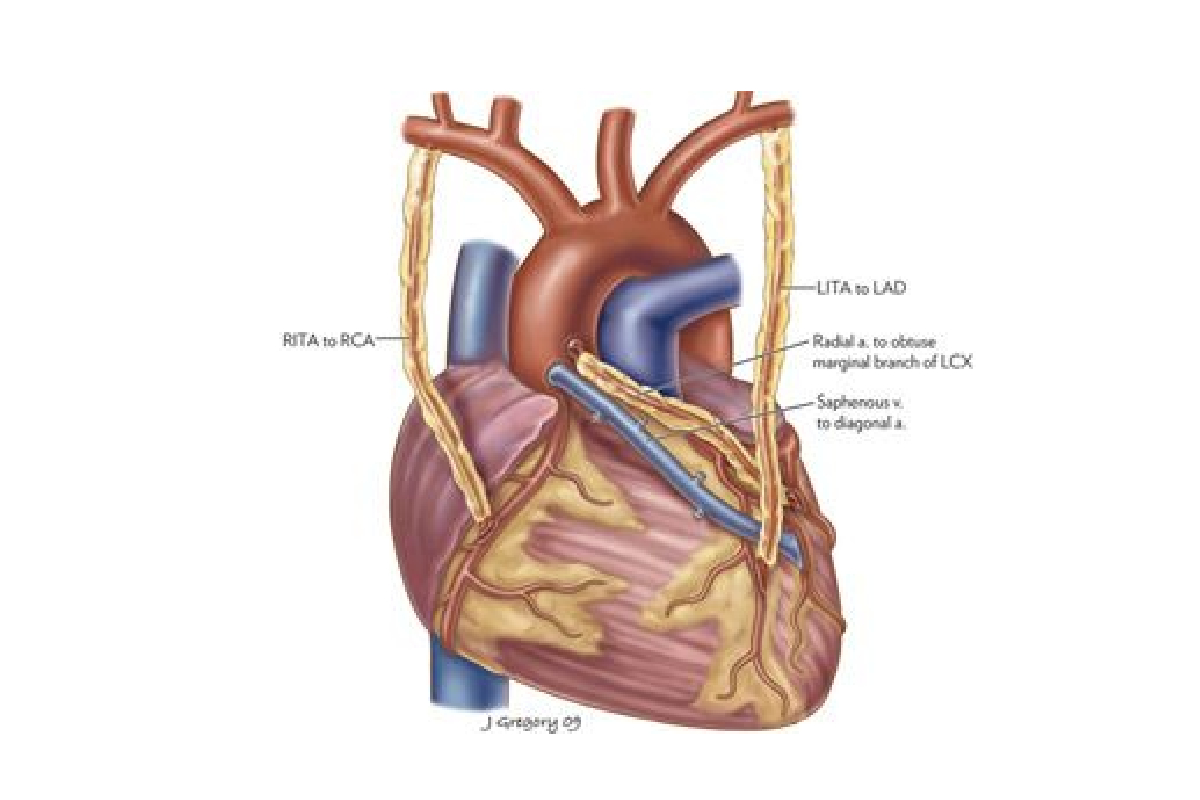Heart bypass surgery is a procedure performed due to the narrowing of one or more blood vessels that supply blood to the heart. This surgery usually restores blood flow to the heart using part of another blood vessel. This forms a new channel that helps in blood flow. The graft is placed so that it passes inside the affected blood vessel, which is why it is called heart bypass surgery.
But why does one need this surgery? What is the procedure, and what is bypass surgery cost in Delhi? All these questions will be answered in this blog by renowned cardiologist Dr. Sujay Shad, senior heart surgeon at Sir Ganga Ram Hospital.
So without any further ado, let’s get started!
Who Needs a Coronary Bypass Surgery?
A person suffering from the following conditions may be suggested to go under a coronary bypass surgery:
- Angina, or chest pain, is caused by the narrowing of several arteries that supply blood to the heart.
- If more than one coronary artery that supplies most of the blood to the heart muscle is impaired.
- The left ventricle, the heart's main blood-pumping chamber, is not working properly.
- A blocked artery cannot be treated with other methods, such as angioplasty, in which a small balloon is inserted and inflated to widen the artery.
- Previous unsuccessful angioplasty or stent surgery.
- Atherosclerosis - a condition in which the arteries become narrowed due to plaque build-up.
- Coronary bypass surgery may also be performed during an emergency, such as a heart attack, when other medications and treatments are not responding, and angiography shows multiple blocked vessels.
What to Expect During a Coronary Bypass Surgery?
Dr. Sujay Shad explains that coronary bypass surgery can take up to 4-6 hours, depending on the severity of the condition. To minimize the discomfort during the surgery, one is administered general anesthesia.
To establish this alternative pathway, the physician transplants blood veins from various sections of the patient's body into the new location. Because these blood arteries can be removed without risk and successfully transplanted into the heart, they are the ones that are typically used from the patient's chest (the LIMA and RIMA), arms (radial artery), or legs and thighs (saphenous vein) to treat the condition.
Post Surgery Care
- The patient will be kept in the intensive care unit for a day or two after the surgery to monitor their vitals regularly.
- An intravenous (IV) needle will be put in the arm to give you medicine and fluids.
- A tube is attached to the person’s mouth to the ventilator to help them breathe.
- A catheter tube will be used to help the person urinate.
- Once the vitals are in place, the patient can be moved to the general ward, where they will stay for three to five days.
To get more detailed insight on the surgery, like post-treatment, recovery, and bypass surgery cost in Delhi, consult Dr. Sujay Shad, an experienced cardiac surgeon at Sir Ganga Ram Hospital, Rajinder Nagar, New Delhi.



